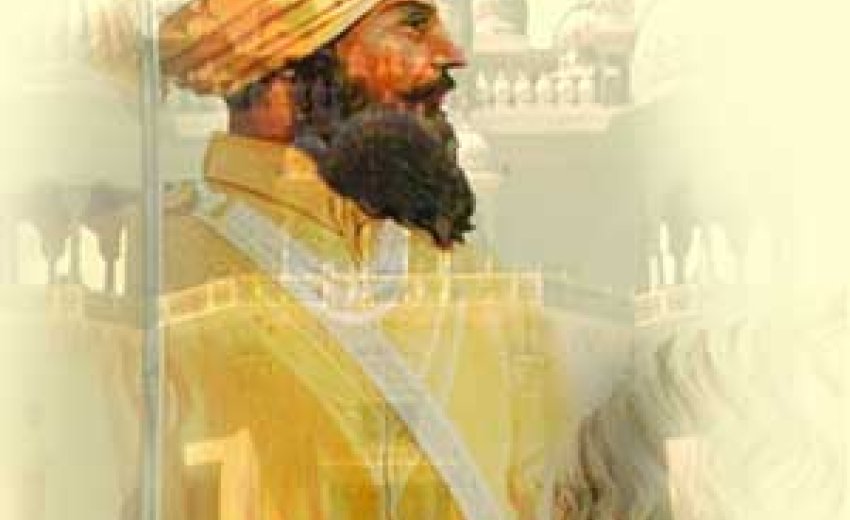Deha Shiva Bar Mohe Iheh ...
“Grant me this boon, Oh God.
From thy Greatness may I never refrain from righteous acts.
May I fight without fear all the foes in life’s battle
With confident courage, claiming the victory.”
- Guru Gobind Singh
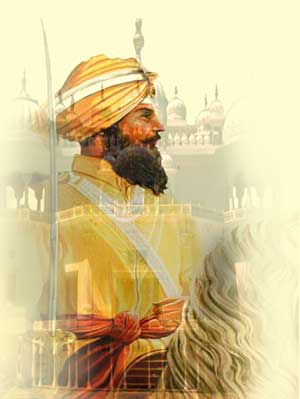 In the coming days, the Sikh community commemorates the 30th Anniversary of the Indian government attack on the Akal Takhat and the Golden Temple (holy of holies for Sikhs) in Amritsar. There are many groups and people who are leading the political fight to create justice. SikhNet wants to take this work one step forward and talk about healing. The political fight is a long fight, and we understand that it is a component of healing. But at the same time, on an individual and collective level, a lot of healing can and needs to take place.
In the coming days, the Sikh community commemorates the 30th Anniversary of the Indian government attack on the Akal Takhat and the Golden Temple (holy of holies for Sikhs) in Amritsar. There are many groups and people who are leading the political fight to create justice. SikhNet wants to take this work one step forward and talk about healing. The political fight is a long fight, and we understand that it is a component of healing. But at the same time, on an individual and collective level, a lot of healing can and needs to take place.
The question is: how do you create healing?
Healing has many forms. Most of all healing requires that one take ownership of it.
In our Ardas everyday, we Sikhs remember all the past fallen. Part of healing is not forgetting. You leave the pain behind, but you create a sacred memory, a reverence of the sacrifices made by the fallen. The Ardas is our expression of gratitude towards all those who gave their lives so that we can freely follow the teachings of the Guru today. Somehow, we need to find a way to turn the memory of the 1984 attacks into something that evokes honor and pride and not just anguish and anger. We honor those who stood up to tyranny, and those innocents caught in the crossfire as the Indian army raided the temple.
How do we heal, collectively? Today, we are a generation removed from the people who were affected. To some people, it is something that their parents, uncles and aunts lament about, but there is little personal connection. To others, it is very visceral, and there is a deep connection and a wound that has never healed.
One of the key things Guru Gobind Singh gave us was that we are always the victor, and never the victim. When he wrote the Zafarnama (his Letter of Victory) after the fall of Anandpur Sahib, the Guru had personally lost everything physical that a man can lose. His mother, his sons, his court, his Sikhs. And yet in that moment, he recognized that Aurangzeb (the tyrannical leader) had failed because he betrayed a sacred trust - his word of safe passage, and had therefore lost the spiritual and moral fight. For the Guru, that spiritual fight is the one that ultimately mattered.
In the same way, when the Indian government attacked the Golden Temple and the Akal Takhat, it lost the spiritual and moral fight. For generations, the Sikhs served as the warrior protectors of India. That government forgot who the Sikhs were. In that moment, they forgot their own history. Without the Akal Takhat and the Sikhs, they would not even exist. That government betrayed the promise of democracy and broke its compact to protect the people and honor the warrior nation that protected them. Instead, they went against the International rules of engagement. They stormed a spiritual temple and shed the blood of innocents. They lost the only battle that matters - the battle of consciousness.
From this perspective, the Sikhs won.
When we remember the sacrifice this way, it does not create grief. Instead, it gives those who experienced the event and all future generations pride. Pride in the fallen. Pride that we live up to our values even when the odds are against us. That we stand tallest when times are darkest.
Now the question is - how do we support those who suffered during this time? How do we help them to heal? How do we face and conquer adversity on an individual level?
Chardi Kala (our ever rising spirit) is the answer that everyone knows. We talk about Chardi Kala in an abstract form. But we need something practical to help us manifest Chardi Kala. And that is where Guru Gobind Singh showed us the path through the Panj Piaray (the first five Khalsa) - those who gave their heads to the Guru. These five are:
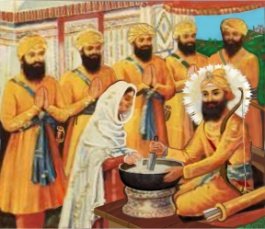 Daya Singh:
Daya Singh:
Start with Daya (kindness). The battle is to love. When anything takes us away from kindness and love, it poisons the soul. Stay kind.
Dharm Singh:
Then continue with a strong anchor of Dharma. The path of the Gurus is a living spiritual discipline. As long as people practice Dharma, it can never disappear, and they will be forever strong. Our Dharma path is through truth.
Himat Singh:
Himat (Courage) emboldens action. Do not shy away from saying or doing those truths that need to be said or done to restore faith, community and bring peace and healing.
Mohkam Singh:
As a person incorporates kindness, truth and courage, one can become liberated. Do not fear that the earth is the ultimate reality. It is not. Relate to the soul. Removing this freedom creates fearlessness.
Sahib Singh:
Fearlessness enables mastery. Become the Sahib (master). Mastery of one's emotions including hate. Every Sikh is the master of his or her domain. We only bow to the Guru Granth Sahib. Stay sovereign and rise above all and in that all will see your royalty.
With all these amazing attributes one is able to manifest Chardi Kala making us owners of our own healing and destiny. When we can give our heads and go along with these five pillars that are manifested in the formation of who we are as a Khalsa - we will never fail.
We don’t need somebody else’s acknowledgement of justice to take our lives forward. Justice comes in its own time-frame, organized by the hand of the Creator. We need to move forward today and heal individually and demand justice now.
With this healing we take care of our own.
So as we look at the 30th anniversary of 1984 - the question to you is:
What can you do?
What can you do to create healing for yourself and for those who survived?
What can you do to honor the memory of the fallen?
What can you do to get justice and create a path forward?
The future is ours to write for ourselves. I challenge you to rise and heal. Be the Victor not the Victim.
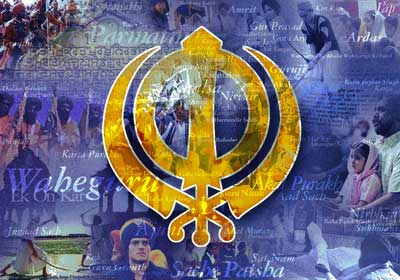 On Ang/page 1140 of Siri Guru Granth Sahib, Guru Arjun says,
On Ang/page 1140 of Siri Guru Granth Sahib, Guru Arjun says,
“We should feel sad, only if there were two Creators.
We should feel sad, only if someone dies by injustice.
We should feel sad, only if something were not seen by the Lord.
But why should we feel sad? The Lord is permeating totally everywhere.
We should feel sad, only if God was a tyrant
We should feel sad, only if He made us suffer by mistake.
The Guru says that whatever happens is all by God’s Will.
So I abandon sadness, and I now sleep free of anxiety.
As you, God, are my Master and all live through Your will and judgement.
There is no other. You save Nanak’s name and all in your sanctuary”
__________________________
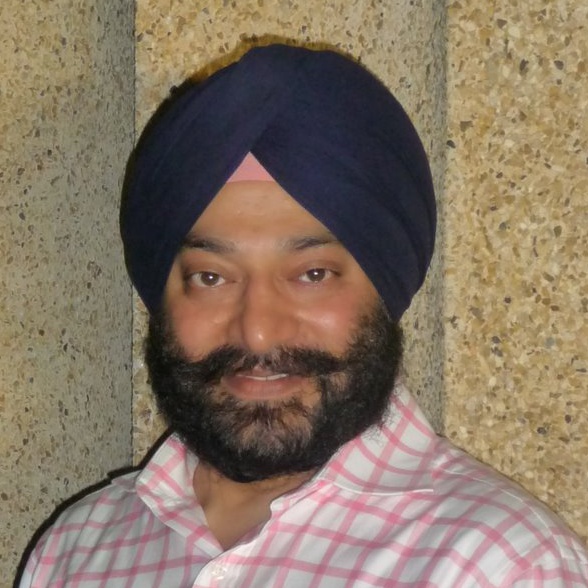
Supreet Singh Manchanda is a Sikh executive from Silicon Valley. He currently serves at the chairman of the board for SikhNet.com. He has been a Venture Capitalist, Global Partner in KPMG and held executive leadership positions in technology corporations (IBM, SGI, CA technologies). and The White House leadership. He, along with others, was also a founder of Sikh Communications Council post 9-11. Today he sits on a few boards and helps companies think out of the box with M&A, technology and “Go to market” strategy. If you would like to send an email to Supreet Singh, you may email him at [email protected]
